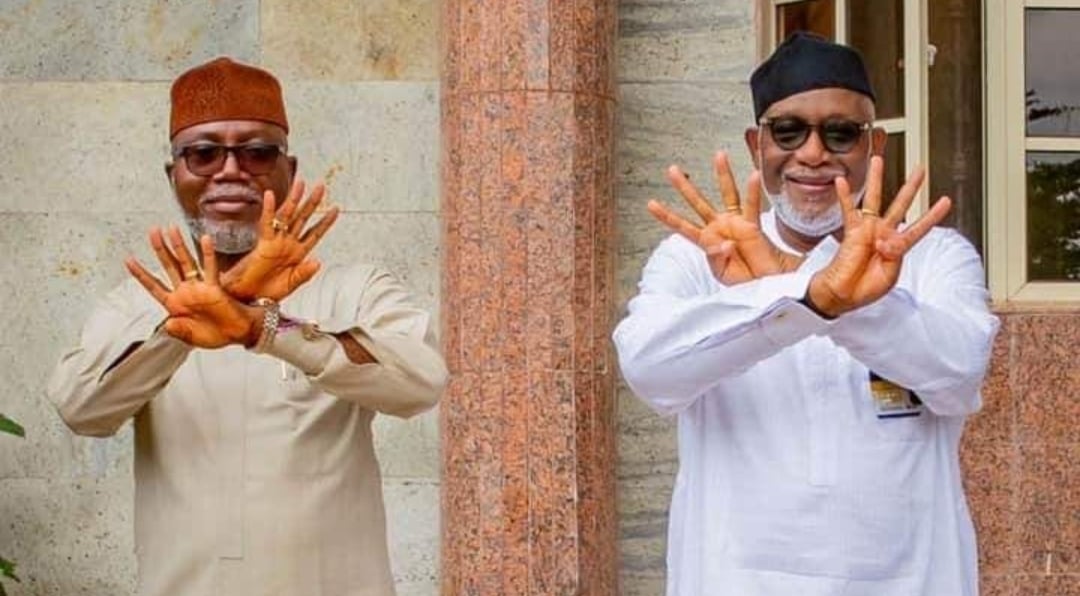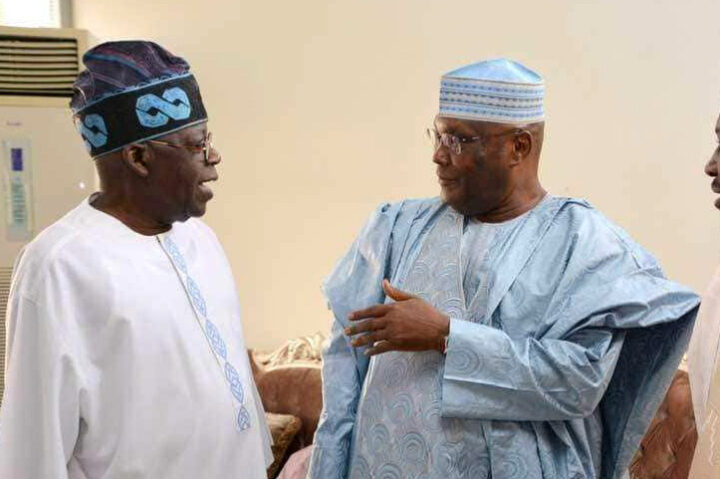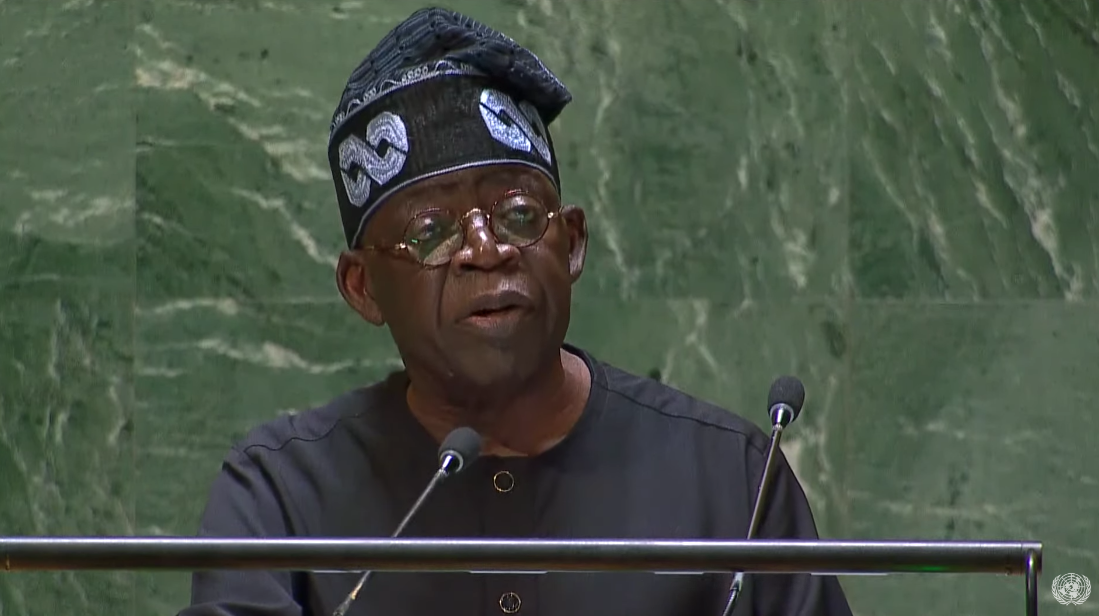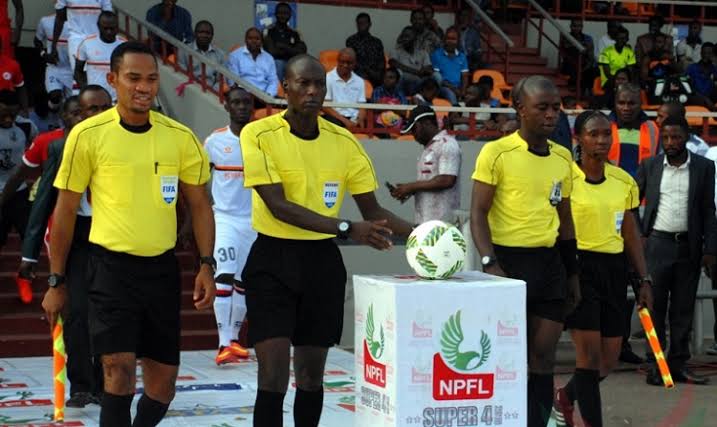Awkward question, right? Yes, I know, but it is a deliberate and useful one. Before we draw inferences from the two cases we currently have, let us consider a few posers.
One, who are the deputy governors in Nigeria? By that, I am speaking about their pedigree and how much we know about each of them. Two, how many times has a deputy governor succeeded his principal after eight years at the state government house since 1999?
Perhaps the issue of the identity of deputy governors and their pedigrees isn’t entirely necessary, given that we have 36 of them. However, an essential corollary to that question is to understand the criteria for the choice of running mates by governors. In addressing that, I will suggest two criteria: the apparent and the non-apparent.
The apparent reasons for the choice of deputy governors are political. This factor is mainly dictated by considerations like geographical balance (usually based on the person’s origin, including tribe or senatorial district), gender, religion, or the popularity and electability of the prospective choice. Please note that every point ultimately revolves around increasing the future governor’s chance of winning an upcoming election. It is neither in the interest of the deputy governor-to-be nor the people. We should get that clear.
Advertisement
The non-apparent reason is that the average governorship candidate seeks out the most malleable persons in his choice of a running mate.
They do this because, contrary to the expectations of the founders of democracy that an elected executive and his deputy should be partners, our leaders prefer errand boys who would follow their lead without raising a voice.
But for exceptions like Lagos state, where the deputy governor trails his principal like the shell follows the snail, and Edo state, where until recently things fell apart between the first two citizens, deputy governors are primarily unknown, seen but not heard quantities. The only time you hear from most deputy governors is when the boss sends them on an errand, and they read his speech. In most cases, we do not know what deputy governors do, especially as the Constitution of the Federal Republic of Nigeria, 1999 (as amended), leaves their responsibilities at the mercy of governors.
Advertisement
How often do you hear a governor go on annual vacation and hand over to his deputy, for instance? Most governors would instead take official trips, presumably to “seek investment opportunities for the state abroad” while holidaying. The game is so that they don’t hand over to their deputies. In essence, deputy governors are more like punctured spare tyres than anything else.
The second question is about how many deputy governors have gone on to succeed their principals. Before we answer that however, we must register that some deputy governors fall out of favour within the first few years in office.
On those occasions, the governor mobilises for his deputy’s impeachment before the end of four years. On the rare occasions that this fails, they create a frosty relationship and replace the “spare tyre” for their second term. For instance, as governor of Lagos state, President Bola Tinubu had three deputy governors in eight years. He had bitter disputes with Kofoworola Akerele-Bucknor and Femi Pedro. Governor Rotimi Akeredolu tried to get the Ondo state house of assembly to impeach the deputy governor during his first tenure, Agboola Ajayi, but failed. He after that, cut him off the government structure and chose Lucky Aiyedatiwa for his second term. Sadly, he is now at daggers drawn with the same man.
Back to the question of succession, but for the accidental instances of Dr. Goodluck Jonathan of Bayelsa and Dame Virginia Etiaba of Anambra States respectively, the immediate past Governor of Kano state, Dr. Abdullahi Ganduje, would be the only deputy governor who made it to becoming governor. Even then, he didn’t have his principal’s endorsement, Rabiu Musa Kwankwaso. His ambition and eventual ascendancy marked the outset of the hostility between the two.
Advertisement
So, what exactly makes deputy governors, especially those who have spent two terms with their governors, ineligible for the gubernatorial seat?
Ideally, if the choice of a deputy governor is determined by competence and capacity, a governor interested in the development of his state and confident about the impact of his tenure should proudly present that deputy. He would be handing over to a competent person with a deep understanding of and capacity to carry on with his vision. So, why are the Godwin Obasekis and Rotimi Akeredolus of this world and so many other governors whose deputies cannot make a whimper bent on suppressing them?
The first reason is the selfish nature of Nigerian leaders. If you weren’t sure of an individual’s capacity, would you choose him and waste state resources on him for four or eight years, as the case may be? Experience is a significant determinant of people’s performance in government; how do we allow the experience acquired by deputy governors to go to waste?
The answer is that governors get so used to the advantages of their office that they would rather do a third time by proxy than allow a deputy governor who knows where the dead bodies are buried and whose loyalty, they cannot rest assured of succeed them. It doesn’t matter if he was the best for the state. The simple point is that these considerations constantly push people and their interests to the back burner.
Advertisement
It is the same thing with deputy governors who aspire to be governors. It is never about the people. Desperation is about the self. It is about their exposure to and likely access to the enormous powers of the governors. The respect he gets from everyone, his licence to disburse resources as he pleases, and his ability to behave like a tin god, controlling kings, the legislature, and the judiciary in a totalitarian manner.
When they see that the governor is incapable of supporting their ambition, they throw caution to the wind, institute court cases, cause disaffection amongst the cabinet, and do all things possible, including defecting to another party to get the ticket. It then becomes a free-for-all in which the governor takes off the gloves and rolls out all his arsenal in an offensive against the deputy governor and his ambition. Both sides have no care that the people and democracy suffer in the process.
Advertisement
In Edo state, Phillip Shaibu is now destitute and down on his knees. The other day, he was locked out of his office and then deployed to some “Siberia” of an office. He has been stripped of his media crew and subdued into withdrawing a suit he filed in court. Now, he is begging, even as the governor allegedly insists that he must drop his ambition as a minimum requirement for ” clemency.” The situation in Ondo is still unfolding, with the deputy governor getting a court order prohibiting his impeachment.
So, of what use are deputy governors treated like minions by their governors? In some instances, deputy governors extend subservient courtesies to governors’ wives in the name of survival and ambition. The subjugation is just debasing.
Advertisement
Yet, it only makes sense that governors elected by the people have deputies. If only for the mortality of every man, there must be another competent person to steer the ship of state in the event of unforeseen circumstances. However, given the mercantile attitude towards politics and governance in Nigeria, only a constitutional prescription of the duties of deputy governors may help the country reap the benefits of those offices. Executives in Nigeria are too self-absorbed and avaricious to respect the conventional essence of a deputy’s office.
Adedokun can be reached via X @niradedeokun
Advertisement
Views expressed by contributors are strictly personal and not of TheCable.
Add a comment







